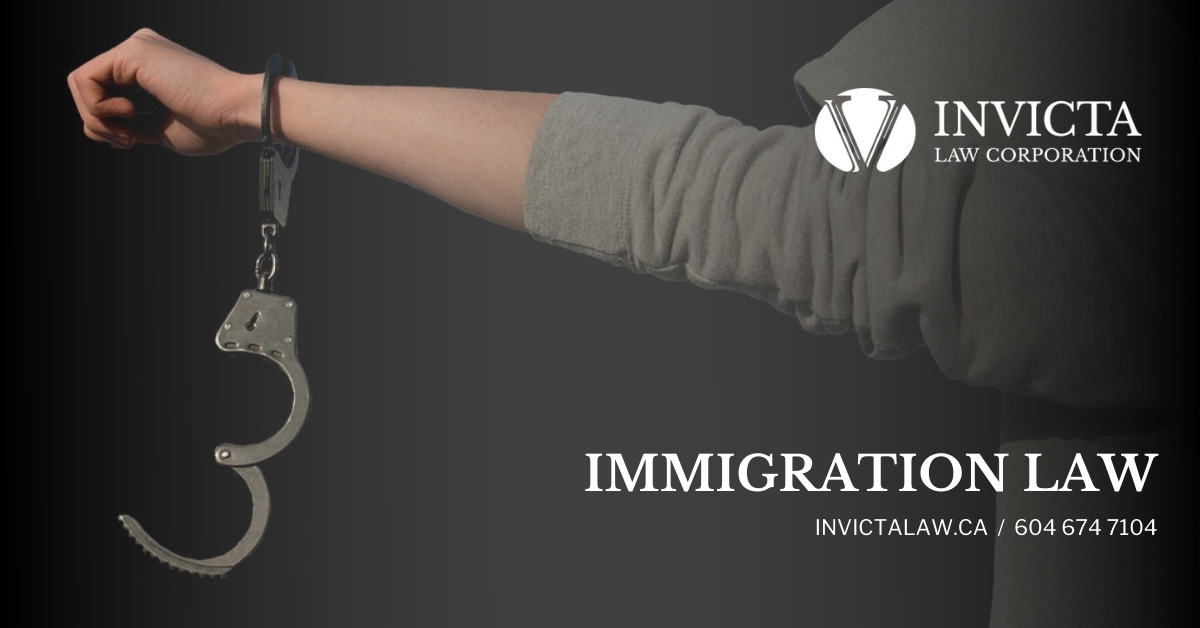Understanding how criminal law and procedure intersect with immigration law is vital to ensuring you provide a full disclosure and defence in the immigration context. Whether you are charged with offences or have just concluded a criminal court matter, it is important to understand the stage of the criminal court proceedings and its interaction with immigration law.
Maria Campos practices primarily in immigration law matters and refugee matters. She appears before the Immigration and Refugee Board regularly, as well as Federal Court and often provides legal opinions for use in criminal courts. Maria frequently advises clients and other lawyers on immigration consequences arising out of criminal convictions. She also represents individuals facing prosecution under the Immigration and Refugee Protection Act (“IRPA”) or the Customs Act.
Getting professional advice on time can help assess the impact of criminality on the immigration proceedings; for example, pending criminal charges could impact the length of detention on the immigration side, or the timeline for the enforcement of a removal order. If the criminal court matters have concluded but you have an active probation order, this could impact your eligibility to apply for Canadian citizenship.
Most people with criminality are worried only about a removal order from Canada, however, there are more consequences from a finding of criminal inadmissibility than the issuance of a removal order; for example, depending on the final sentence, there could be a loss of appeal of that deportation order. Other times, being found inadmissible could affect an individual’s eligibility to make a refugee claim or could bar a permanent resident from sponsorship a family member.


